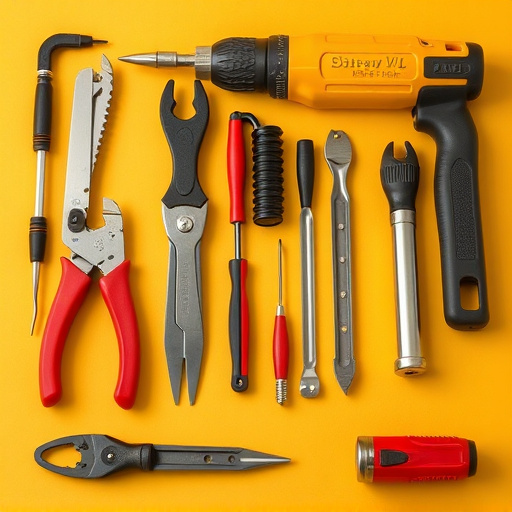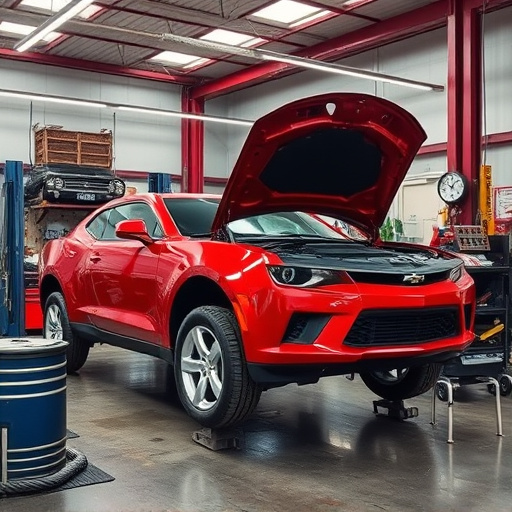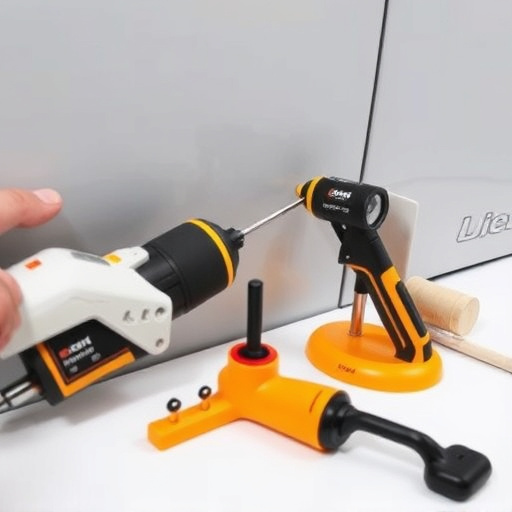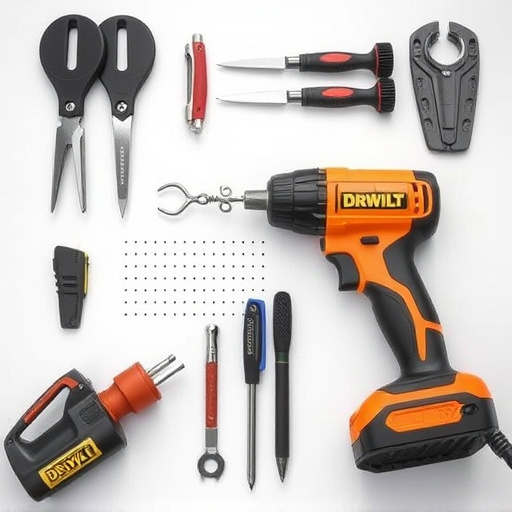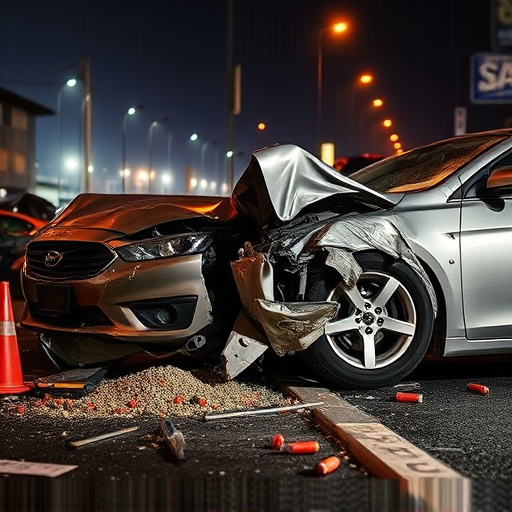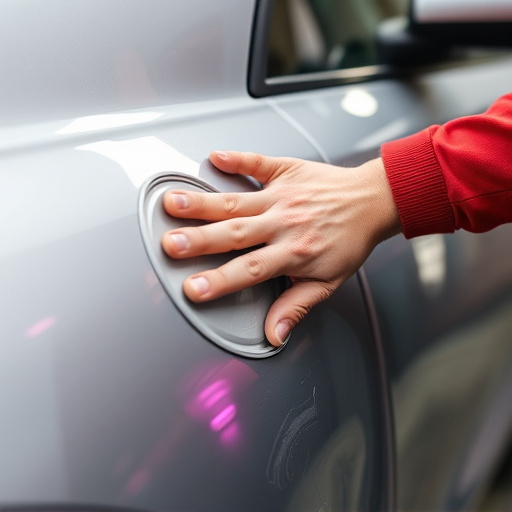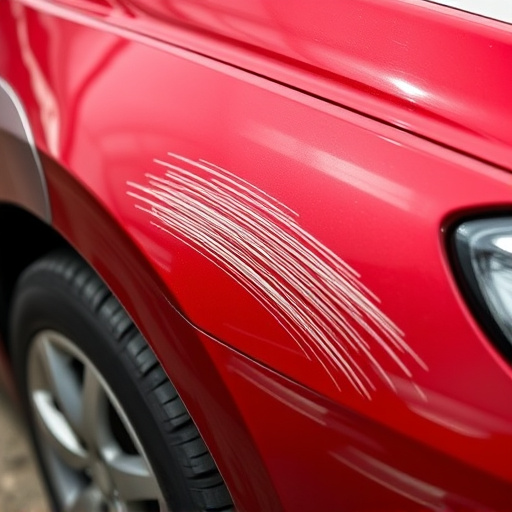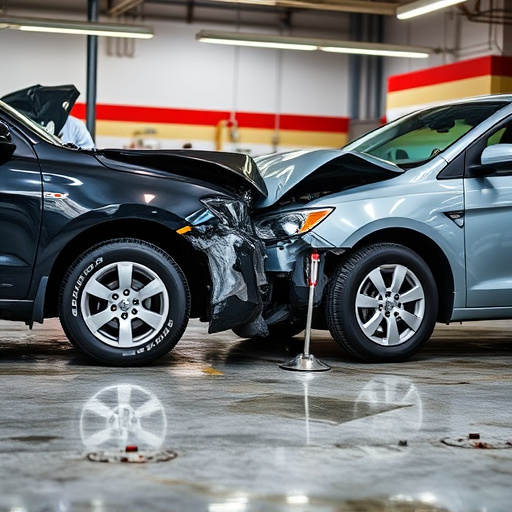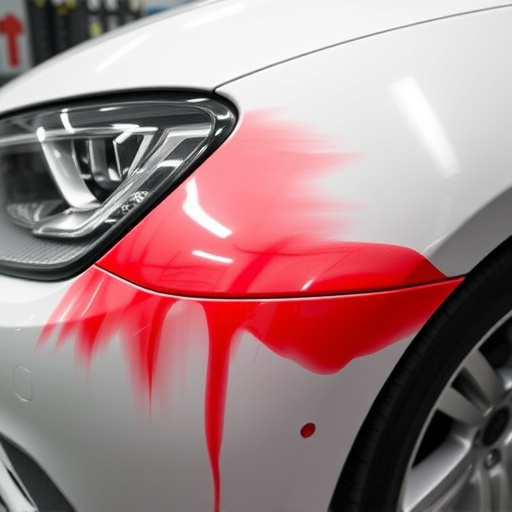Before visiting a car body shop, conduct a thorough inspection of your vehicle, document damage with insurance and service records, understand repair needs and desired outcomes, and research the shop's process, materials, turnaround time for informed, transparent decision-making.
Preparing your vehicle for a trip to the car body shop is crucial for ensuring a smooth repair process. Before you go, assess any damage to your vehicle, gathering detailed information about the extent of the issue. Collect necessary documentation and parts specifications for accurate reference. Understanding the repair process beforehand empowers you to ask informed questions. By being prepared, you facilitate efficient service at the car body shop, ultimately leading to a quicker return to the road.
- Assess Your Vehicle's Damage Beforehand
- Gather Necessary Documentation and Parts Information
- Understand The Repair Process And Ask Questions
Assess Your Vehicle's Damage Beforehand

Before taking your vehicle to a car body shop for repairs, it’s crucial to assess the extent of the damage firsthand. This step is vital as it helps in determining the scope of work required and facilitates effective communication with the repair technicians. Carefully inspect your vehicle both internally and externally for any dents, scratches, cracks, or other visible signs of damage. Take note of the size, depth, and number of damages, especially if there are multiple areas affected.
Additionally, consider the age and condition of your vehicle. Older cars might require different repair techniques compared to newer models, and some may be suitable candidates for paintless dent repair methods, which can be more cost-effective than traditional collision damage repair. This preliminary assessment will not only save time but also ensure that you receive the most appropriate and efficient vehicle collision repair services from the car body shop.
Gather Necessary Documentation and Parts Information
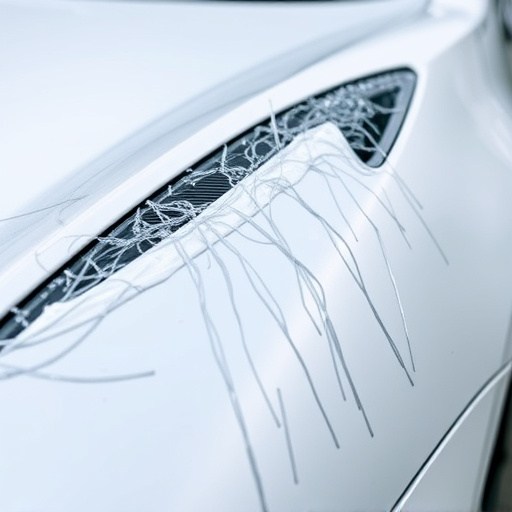
Before heading to a car body shop for repairs, it’s crucial to prepare all necessary documentation and parts information. This includes your vehicle’s insurance policy details, as well as any relevant claims numbers from previous accidents or repairs. Additionally, gather service records, maintenance schedules, and information about any specialized parts required—such as custom rims or rare OEM components.
Knowing the specifics of your car’s damage is vital. Take note of the extent of the collision, including any visible dents, scratches, or broken parts. If you’re unsure, consult a trusted mechanic to assess the situation accurately. Moreover, be prepared with information about your desired repair outcome—whether it involves tire services, paintless dent repair, or more complex collision repair shop procedures. This ensures smooth communication with the car body shop, facilitating efficient and effective vehicle restoration.
Understand The Repair Process And Ask Questions
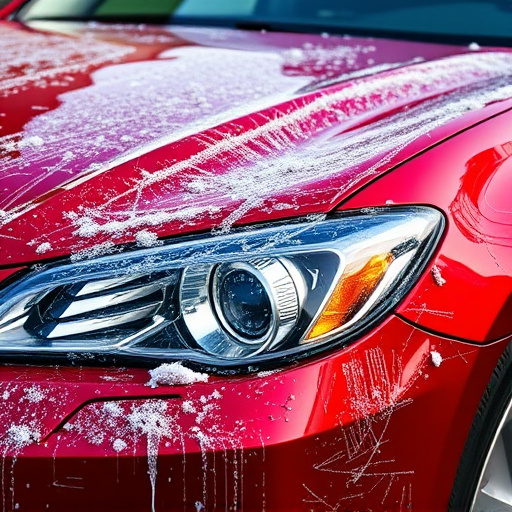
Before dropping off your vehicle at a car body shop, take some time to understand the repair process and what to expect. Not all auto body services are created equal, and each car body shop may have its own unique approach. Don’t hesitate to ask questions; it’s essential to ensure that you’re comfortable with their methods and confident in their ability to return your vehicle to pre-accident condition.
Understanding the steps involved in hail damage repair or any other common auto body services can help ease anxiety and allow for informed decision-making. Inquire about the materials used, whether they offer personalized restoration options, and what kind of turnaround time you can expect. Knowledgeable shop staff will be happy to walk you through these details, ensuring a transparent experience.
Preparing your vehicle for a trip to a car body shop involves careful planning and knowledge. By assessing damage beforehand, gathering all necessary documentation, and understanding the repair process, you’ll ensure a smoother experience. Remember, clear communication with the shop is key; don’t hesitate to ask questions about parts, costs, and timelines. With the right preparation, you’ll be one step closer to restoring your vehicle to its pre-accident condition at a reputable car body shop.

